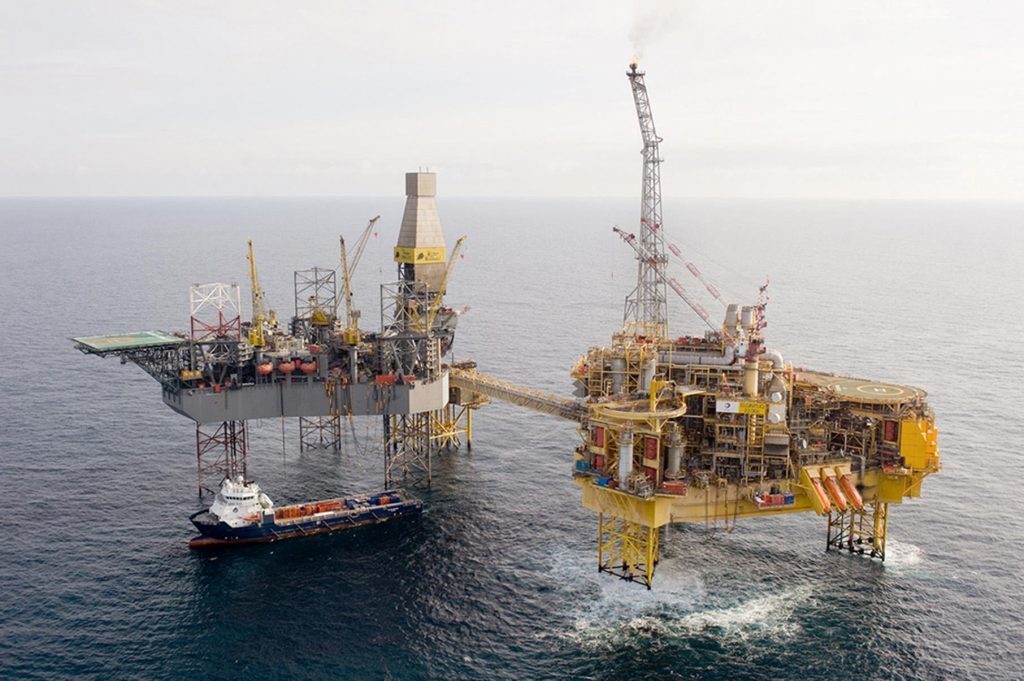
French oil giant Total has confirmed it hopes to avert further strike action on three North Sea platforms with the offer of an e-ballot to workers.
Over a number of weeks, union members voted to carry out several strikes because the North Sea operator wanted to move offshore rotas from two weeks on, three weeks off to three on, three off (3/3).
A series of strikes have already taken place on the Elgin, Alwyn and Dunbar platforms over the dispute.
Strike action, planned for the September 3, was halted pending arbitration talks with the Advisory, Conciliation and Arbitration Service (ACAS).
Unite trade union confirmed it will suspend planned industrial action on three North Sea rigs operated by Total.
Total confirmed last night that it would table a further revised offer via e-ballot to staff.
A Total spokesman said:“Under the auspices of Acas, Total management tabled a revised offer. The revised offer will now be put to the Unite membership in the form of an e-ballot”
Wullie Wallace, Unite regional officer, said: “Following on from Friday’s day of talks under the auspices of ACAS, Unite will ballot our members offshore in a consultative ballot on the revised proposals.”
Concern has been mounting about the effects of the 3/3 rota on mental health.
North Sea operators and contractors switched to 3/3 in a bid to lower costs amid the oil sector downturn.
A report from the Robert Gordon University in April said that those on 3/3, rather than 2/2, are almost twice as likely to experience ill health as a result.
A leaked report from a safety rep on Shell’s Shearwater platform earlier this year suggested the three weeks on, three weeks off (3/3) equal-time shift pattern was negatively affecting workers.
Shell has said it is reviewing its shift patterns, and will make a decision by the end of the year.
Last week Repsol Sinopec Resources UK also announced it was carrying out a review on the 3/3 pattern.
‘I doubt they’re going to find a resolution’, says oil expert on Total strikes
Recommended for you
